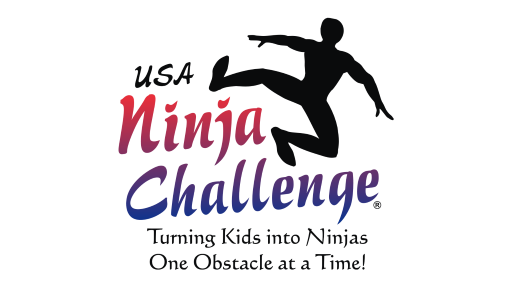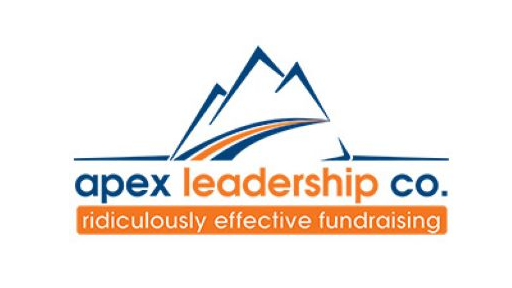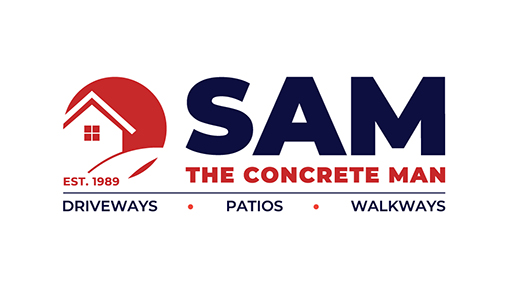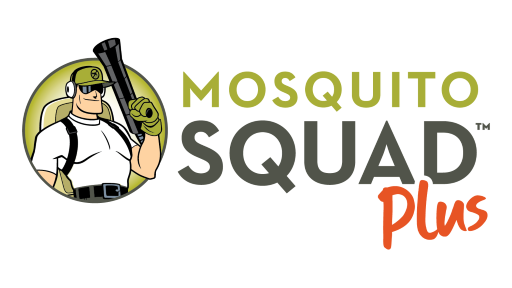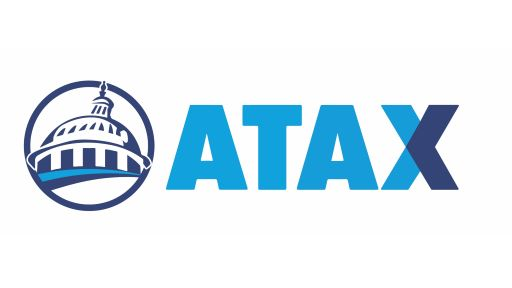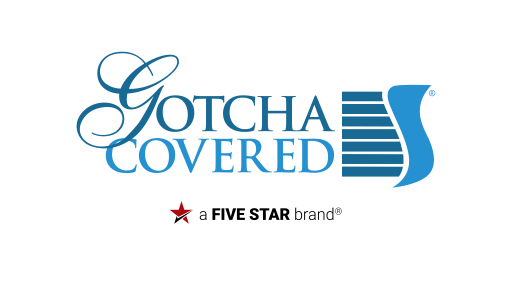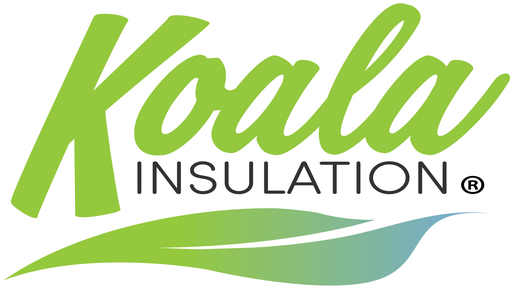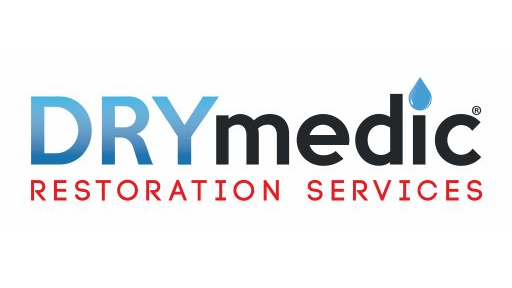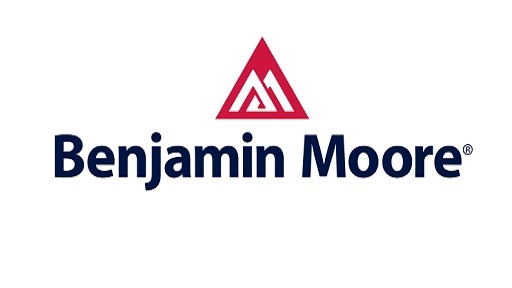Eye Level Learning Centers Franchise
Eye Level Learning is an international franchise offering math and English tutoring to students from pre-school to high school.
$50,000
$5,000
118
1991
Ridgefield Park,NJ
Jong Chul Whang
About Eye Level Learning Centers
Eye Level Learning is a brand of the company Daekyo America, Inc., which is a subsidiary of the Daekyo corporation headquartered in Korea. This franchise operates over 1,000 learning centers in the United States and worldwide; there are currently about 180 centers in the US. These centers provide tutoring in English and math; some centers may also offer Korean language classes.
These learning centers serve students starting from preschool age all through high school. An initial diagnostic test determines placement and optimal class selection. Some students take classes in order to catch up with the regular school curriculum, while others benefit from them as an enrichment activity. Eye Level Learning emphasizes a low teacher-to-class size ratio and individualized instruction.
Franchise Unit Trends
118
9
-
* in 2024
Franchise Fees
$5,000
$1,500
Per Student
-
Why Choose Eye Level Learning Centers?
Operating an Eye Level Center can be highly rewarding. Effective tutoring is increasingly in demand. Some parents want to maximize their children's success in school, performance on standardized testing and chances of admission to a competitive college. Others come from a standpoint of wanting their children to develop good learning and thinking skills or of giving them the opportunity for deeper study of a subject they enjoy. Eye Level centers meet both of these needs.
Franchisees enjoy solid support from Daekyo. In addition to strong branding, the company has a high level of experience both from the business and the educational standpoints. In addition, the company keeps pace with new developments and environments. As a result, it is willing to make changes in order to achieve improvement. It also revises its methodology and materials in order to better meet its clients' needs.
Starting Costs & Investment Requirements
$59,338 - $126,750
$150,000
$50,000
History
Young Joon Kang, PhD, founded the company in 1976 in Korea, under the name Daekyo. Daekyo learning centers met a widespread demand for effective tutoring that engaged each child's individual learning style and critical thinking abilities rather than relying on rote memorization. In 1985, the company established the Daekyo Educational Research Institute, tasked with evaluating learning methods and coming up with a set of curricula and learning materials.
In 1991, Daekyo began franchising in the United States. Throughout the following years, Daekyo also opened centers in a variety of global locations. In 1999, the company was recognized as Korea's top educational enterprise.
Initially, the company had two US subsidiaries: Daekyo USA, which operated in the Eastern US and Eastern Canada, and Daekyo America, whose territory included the Western US, Western Canada and Mexico. In 2007, the two corporations merged. Currently, Daekyo America is the sole US franchisor.
Until 2012, Daekyo's brand for its learning centers was e.nopi, which is the Korean for "Eye Level." In 2012, the company's centers worldwide were rebranded to Eye Level Learning. Over the years, the company has periodically revised its curricula, teaching methods and learning materials.
Ideal Candidate
Franchisees must pay an initial franchise fee of $5,000; they may get a credit for part of the amount when opening additional units. The total initial investment range can vary based on geographic location, local costs and more.
The franchisor looks for owners with both business and educational experience. Ideally, it would like to see teaching experience and at least a four-year degree; however, it may very rarely choose to waive this requirement in the case of special circumstances. Franchisees must excel at working with children in a wide age range.
This web page is not endorsed by or affiliated with any franchisor. Product and company names are trademarks of their owners and are used for referential purposes only.






